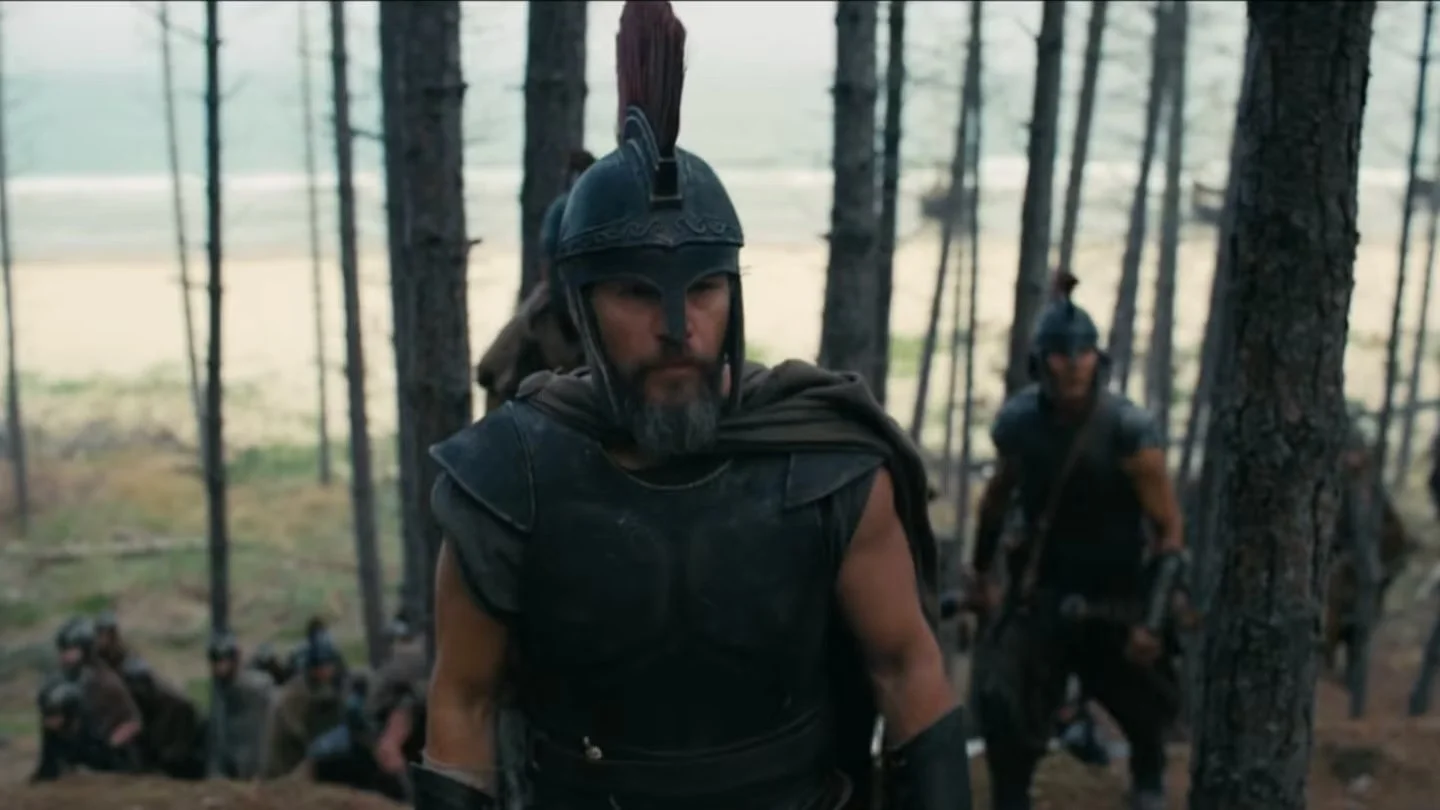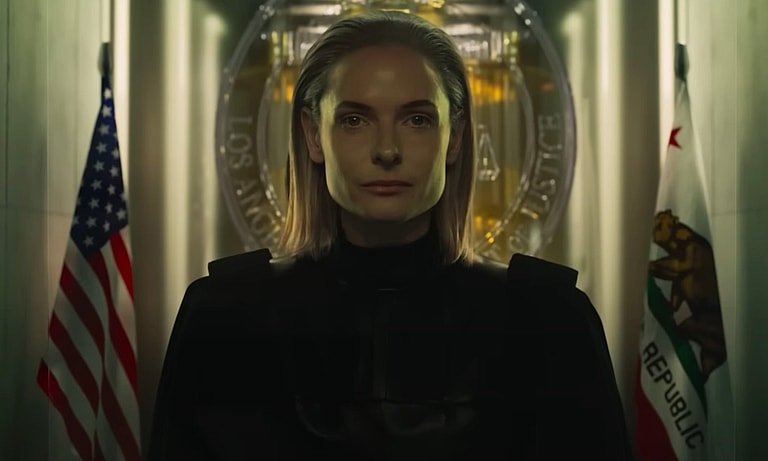Polite Society
/Written and directed by Nida Manzoor, Polite Society is a British action comedy following a stunt woman in training who decides she must act to stop her sister’s wedding, as her sister drops out of art school to get engaged.
Rather than using an existing pop song per se, or a piece of library production music designed for generalist use (as in the trailerization of “All Right Now” as heard in last week’s analysis of the Will Trent trailer), the choice of music here curiosity represents a middle zone of sorts. Between these two approaches, Bobby Saint is becoming known specifically as a production music guru and a musical artist in his own right; his track “Cannonball”, published by well-known trailer house Position Music, uses carnival percussion, brass, and Bajan (i.e. Barbadian) tones to create an infectious piece that bolsters and elevates the trailer throughout.
After a brief micro-teaser (a trend that still shows no sign of abating), the trailer begin in earnest with “Cannonball” providing a rollicking, rhythm-centric groove for the protagonist, Ria Khan (Priya Kansara) to establish the narrative in her monologue. The first of many pauses in the music arrives at 0:18, much in the tradition of comedy trailers; the next segment adds vocals and synths to the arrangement, establishing a stepwise descending motif in the bass. Notice at 0:44 the second pause is more dramatic than comedic—and at 0:47, a ticking transition is synched with a triptych, split-screen montage which neatly reverts to an arrangement that is again more percussive than harmonic.
This middle section serves up many synchronization moments, such as the hair flip at 0:58, the knife at 1:01, or the yell at 1:05. The emphasis on action and style is reminiscent of Edgar Wright or Quentin Tarantino, among others, oozing style through the judicious use of sound. By 1:15 the track is back in full force, and at 1:31 we hear the strongest rhythmic synchronization between the on screen action and the soundtrack yet. At 1:37, the next pause is once again for a comedic one-liner—straddling the line, appropriately, between action and comedy in the trailer’s story beats. For the final montage sequence, every scene change is edited to the beat and matched with an action of some kind, with consistency—an effective way of further ramping up the tension, even when the musical arrangement is already full.
And yet, even when one might believe the arrangement has been fully revealed, a dynamic new layer to the soundtrack is added at 1:58—it’s an overbearing synth that would only work in the final few seconds of the soundtrack, as it’s just so loud and bombastic—perfectly matched for this final moment. At 2:06, after the title card, the ticking motif returns (a general motif we’ve seen in many trailers in recent years), leading to an extra, fairly extended scene that gives us one more taste of the action with ample use of synch points.
Overall, then—and in rather stark contrast with Will Trent, admittedly—Polite Society’s trailer and its use of “Cannonbell” amply demonstrates the possibilities of production music, especially when a particular artist’s vision is attached to said production music. Even though “Cannonball” is of course available for all to license, it’s an original piece that the trailer editors use in a way that suggests a bespoke fit—it’s not a one-size-fits-all track, and it readily resists the notion that production music need be generic.
Polite Society arrives in theatres April 7th.
— Curtis Perry







